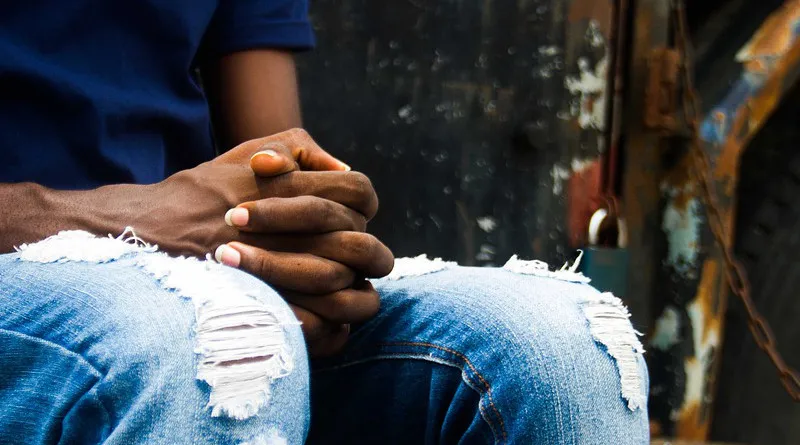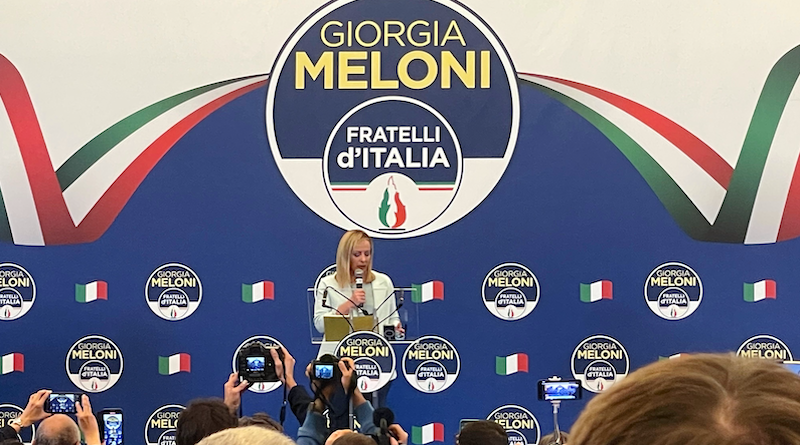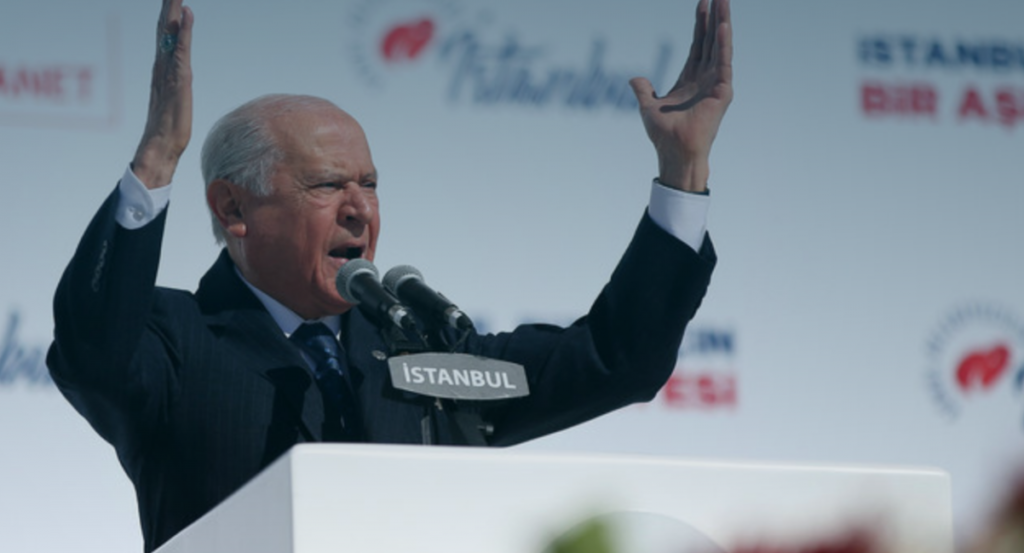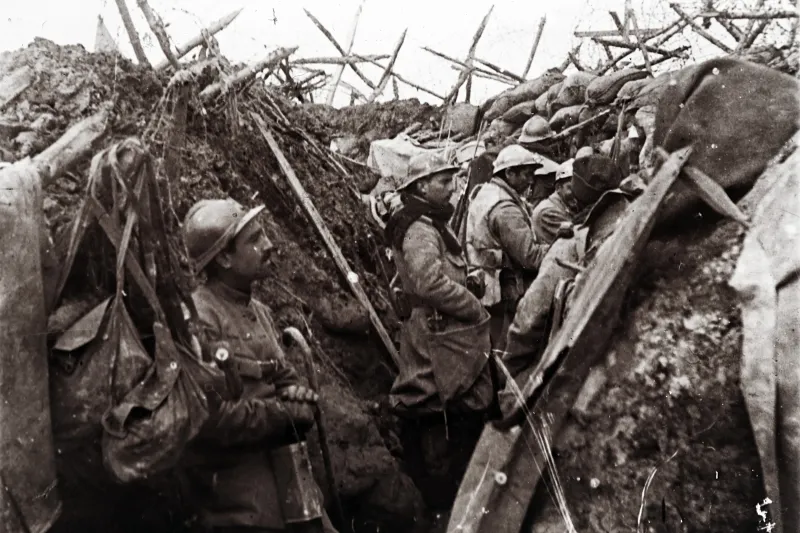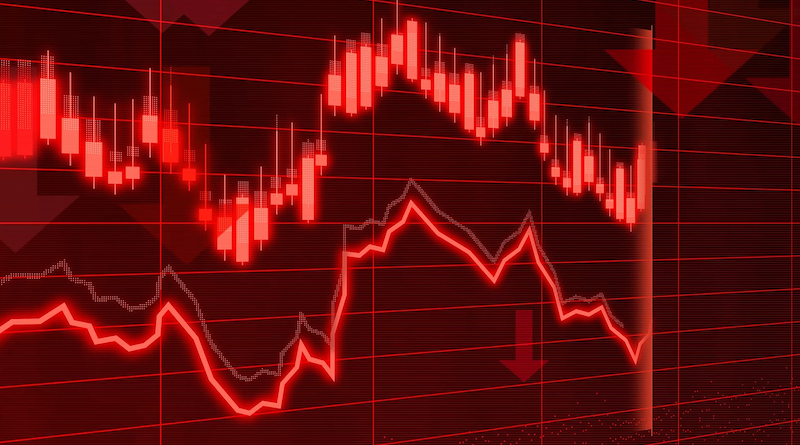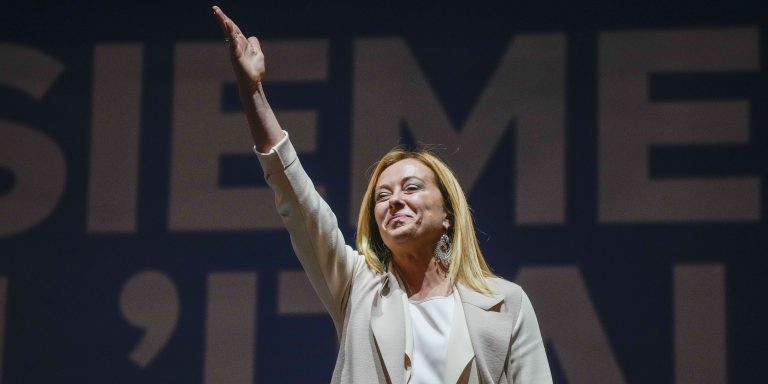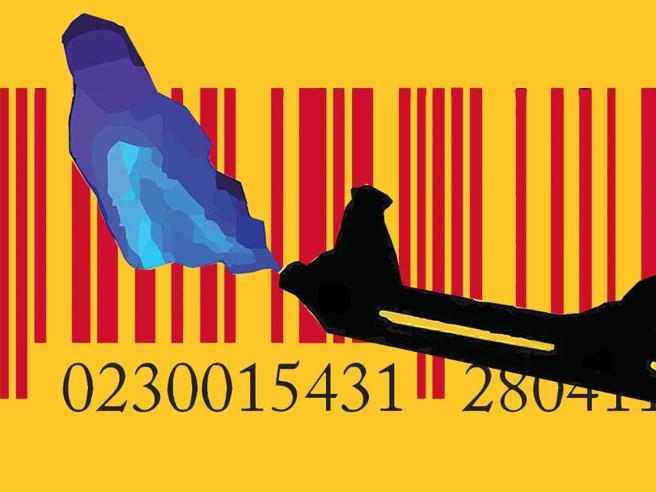How to Trump-Proof the Transatlantic Alliance
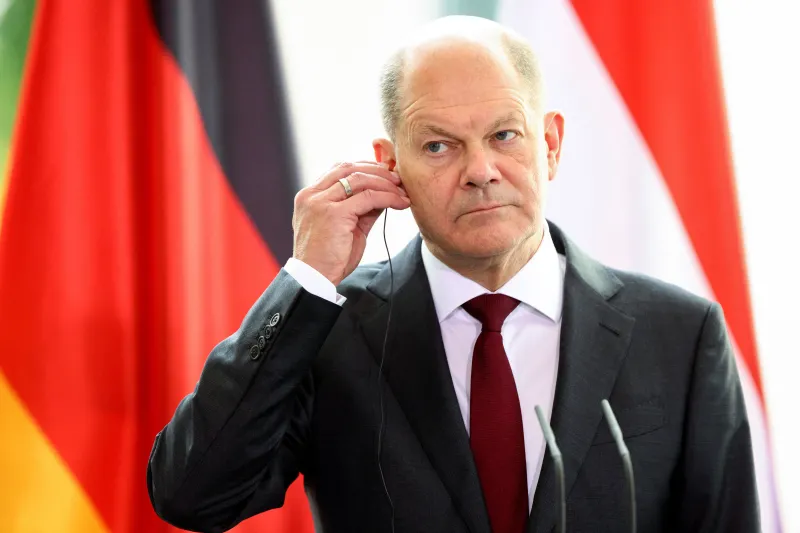
First, Europe Must Realize That He Might Return
Russia’s invasion of Ukraine caught Europe by surprise. Although U.S. intelligence services predicted the Russian offensive almost to the day, few European leaders took heed of their warnings, instead choosing to believe that Russian President Vladimir Putin would use nonmilitary means to destabilize Ukraine. Germany’s new chancellor, Olaf Scholz, was among the European leaders who sleepwalked into the crisis. Like much of German society, his administration was completely unprepared for a major war in Europe. For too long, the German government had clung to old certainties: that close energy ties with Russia fostered stability, that trade promoted political change, and that dialogue with Moscow was valuable in and of itself. The awakening was brutal. Overnight, all these cherished assumptions were shattered.

